Solve the equation. Write complex solutions in standard form.x2 + x + 3 = 0
A.  ± i
± i
B. -  ± i
± i
C. 1 ± i
D. -1 ± i
Answer: B
You might also like to view...
Graph the equation. Include the coordinates of any local extreme points and inflection points.y = 
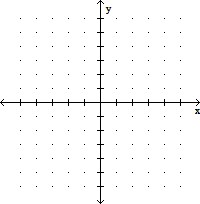
A. absolute maximum: 
no inflection point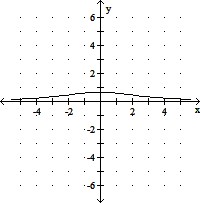
B. local minimum: (3, -1)
local maximum: (-3, 1)
inflection point: (0, 0)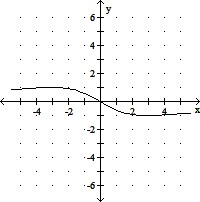
C. local minimum: 
local maximum: 
inflection point: (0,0)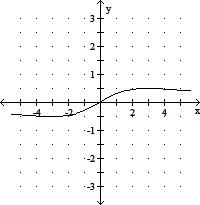
D. local minimum: (-3, -1)
local maximum: (3, 1)
inflection points: (0, 0), (-3 , -
, -
 ),
),
(3 ,
, 
 )
)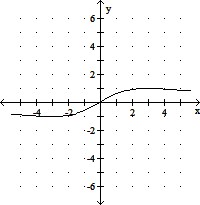
The figure below is a square ABCD with center O. (M, N, P, and Q are the midpoints of the sides.)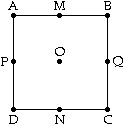 Which of the following reflections is not a symmetry of the square?
Which of the following reflections is not a symmetry of the square?
A. the reflection with axis the line passing through P and Q B. the reflection with axis the line passing through A and C C. the reflection with axis the line passing through A and B D. the reflection with axis the line passing through M and N E. all of these are symmetries of the square.
Find the relative extrema, if any, of the function. Use the second derivative test, if applicable.
?

A. Relative maximum: f (1) = 6 B. Relative maximum: f (0) = 2 C. Relative minimum: f (0) = 2 D. Relative minimum: f (1) = 6 E. none
Find the equation of variation if the following is true.Suppose p varies directly as q and p = 1 when q =  .
.
A. p = 17q
B. p = 19q
C. p =  q
q
D. p = 18q